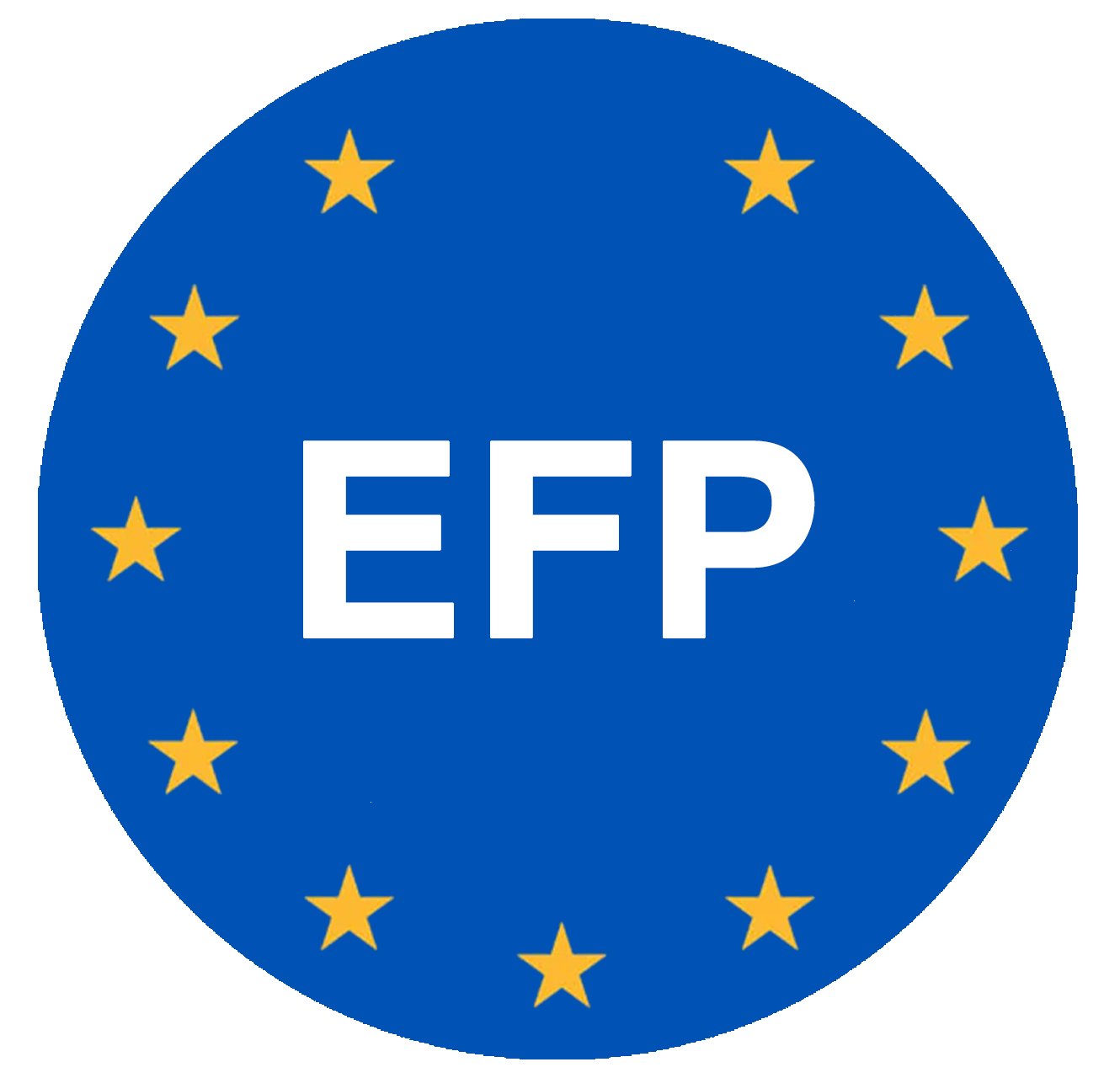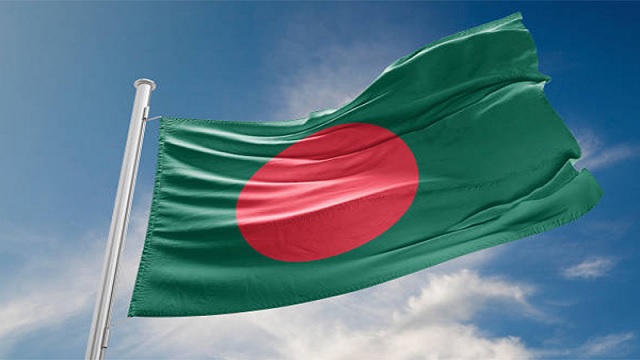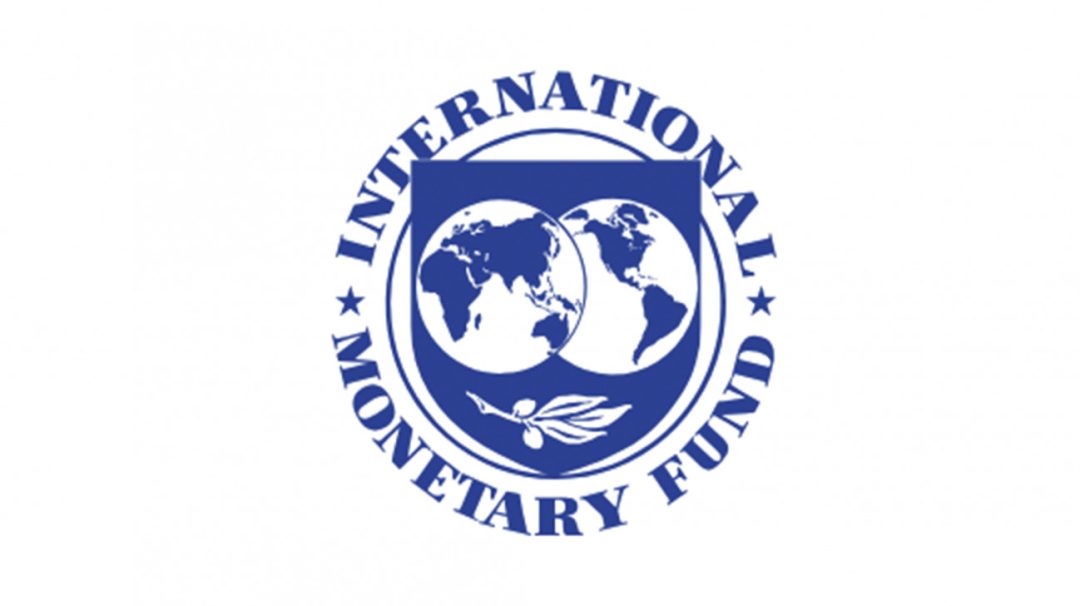Bangladesh’s central bank kept its key policy rates unchanged for the second straight meeting, as authorities seek to support economic growth amid easing inflation.
The overnight repurchase agreement rate was kept at 10%, the central bank said in a statement on Monday. The monetary authority had held interest rates in December last year.
“The current stance of monetary policy remains reasonably tight, designed to keep Taka attractive as an asset, maintain exchange rate stability and thereby curtail inflationary pressure,” the central bank said.
The decision comes as inflation eased for the second month in January to 9.94% after hitting a peak of 11.66% in July last year due to supply chain disruptions during a mass uprising. Food prices also cooled to 10.72% last month from a record high in July. The central bank expects price gains to ease to 7%-8% by June.
Inflation rate is expected to decline further in the coming months due to tight monetary and fiscal policies, continued stability in the exchange rate, ongoing global commodity price moderation, Governor Ahsan H. Mansur told reporters in a briefing on Monday. The central bank “will continuously monitor inflation trends and adjust interest rates and liquidity measures as necessary,” he said.
Persistently high prices have eroded purchasing power and incomes of households. The local currency has also depreciated significantly due to external sector challenges, increasing costs and risking imported inflation. The taka is among the worst performing currencies in Asia in the year so far amid the central bank announcing a new FX strategy in December.
Bangladesh’s new interim government, led by Nobel prize winner Muhammad Yunus, is trying to rebuild the crisis-ridden economy and clear overseas purchase bills, particularly for essential imports like electricity and oil. In December last year, the South Asian nation sealed a pact with the International Monetary Fund to provide $645 million in funds, in addition to the $4.7 billion loan it secured in 2023.



